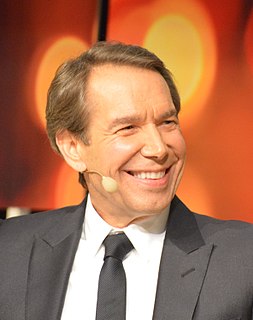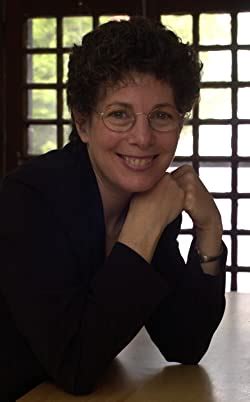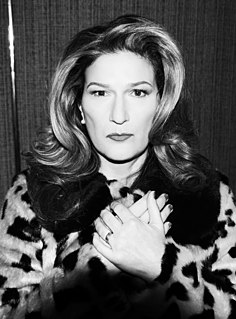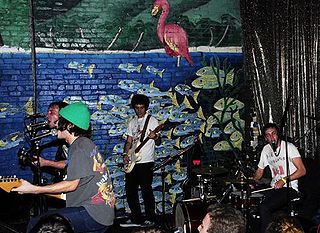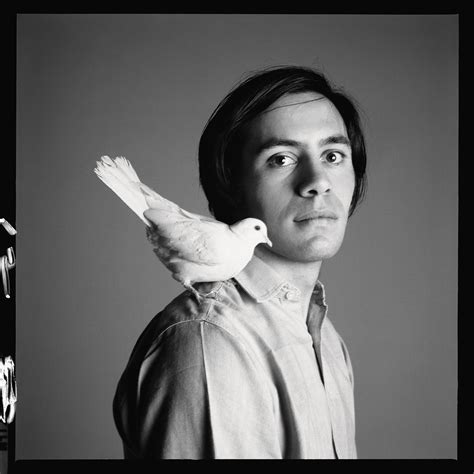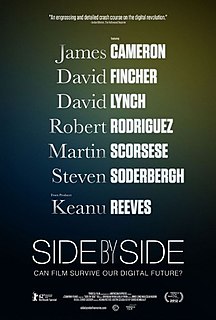A Quote by Jeff Koons
When you have an idea for a work and when you've finished your model for it, for the artist it's almost complete, in a way. But then bringing it to the finish is really something you do for the audience. It is always exciting.
Related Quotes
The problem I've always discovered in my own work when this kind of thing happens when you hit the wall is there's almost always a reason. You've almost always made a mistake in the initial conception of the project. You misapprehended something or you thought something would work and now you're three quarters on the way through and you see that it doesn't work.
What I find interesting is this ricochet effect, that the audience perceives the work and then does something with it, throws it back to the world, and there's an ongoing interaction between work and audience, which doesn't belong to the artist anymore - from the moment you release it, it doesn't belong to anybody.
We work really hard. I work harder now than I've ever worked in my life. I didn't finish high school or go to college, but I'm able to make something of myself with music. We party a lot and don't always behave ourselves like model citizens, but at least we're honest, and we're not just doing things because it will get us attention.
You don't fully understand the meaning of a work until the audience responds to it. Because the audience completes the circle, and adds a whole other shade of meaning. Whenever you view something, and this is why great works of art survive decades and centuries, is because there's a door within the work that allows the audience to walk through and complete the meaning of the work. An audience isn't passive, nor are they unintelligent.
